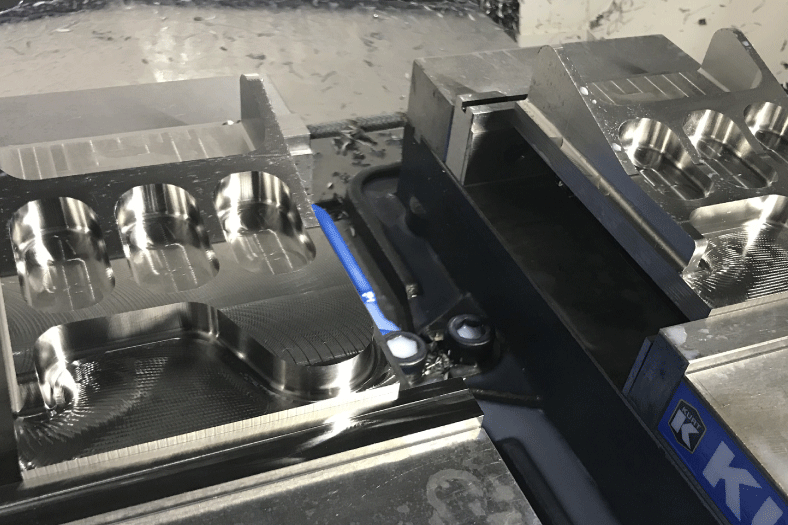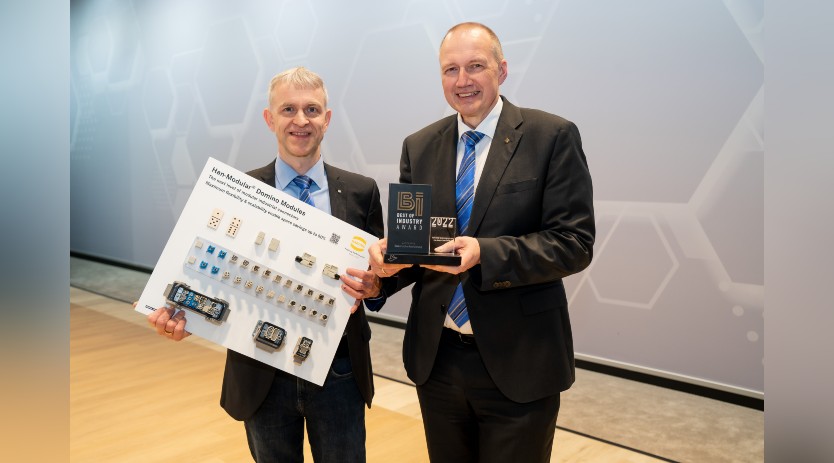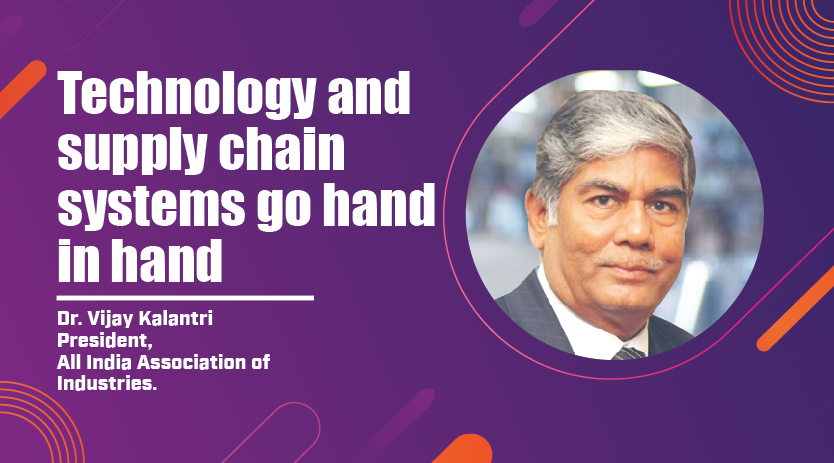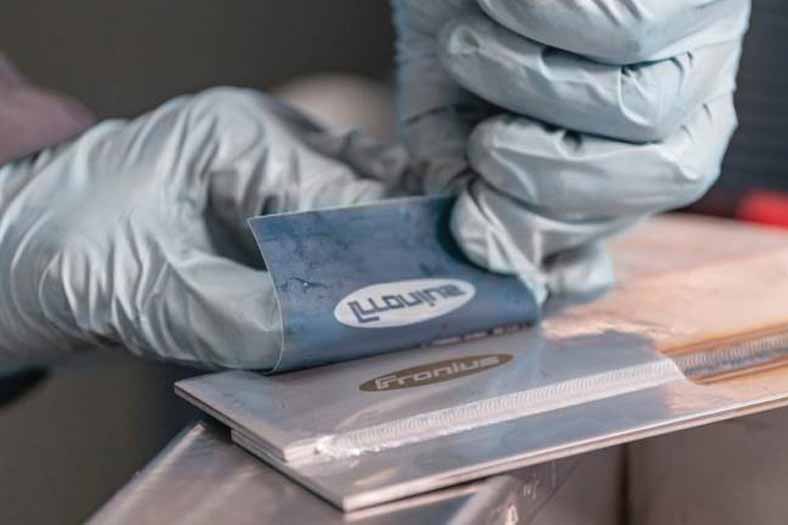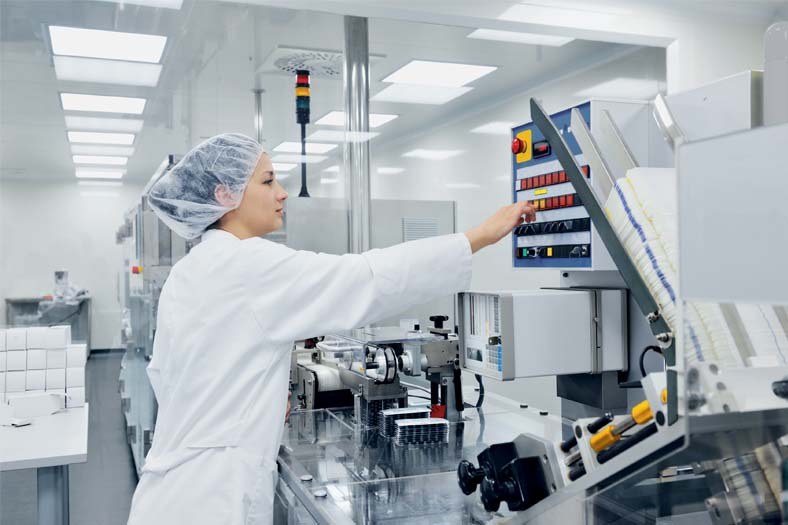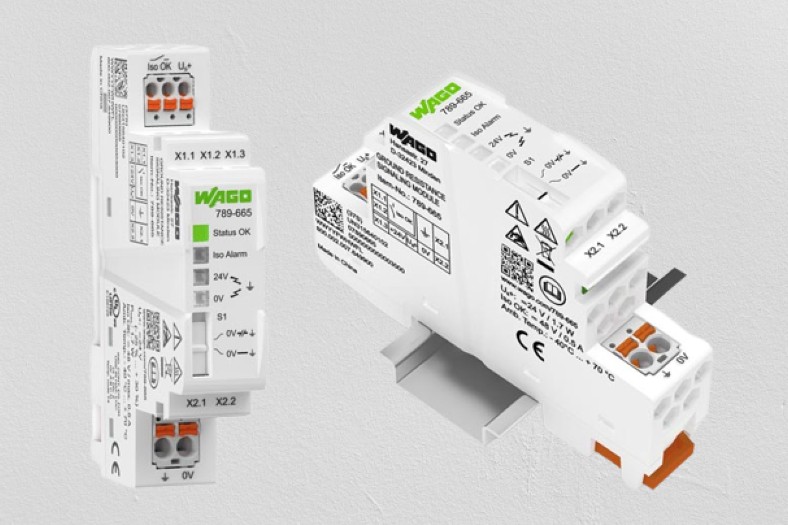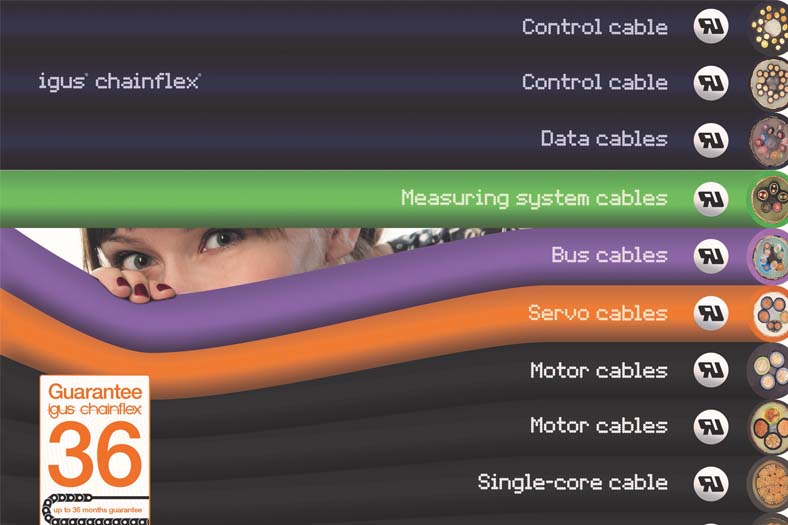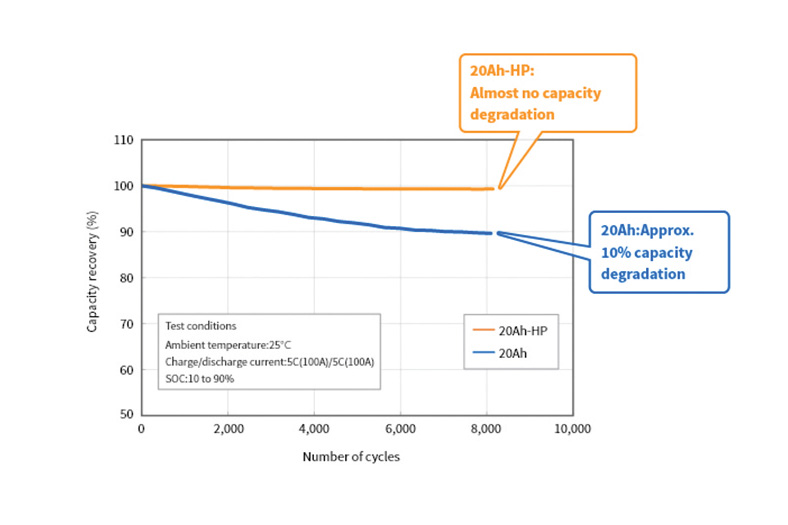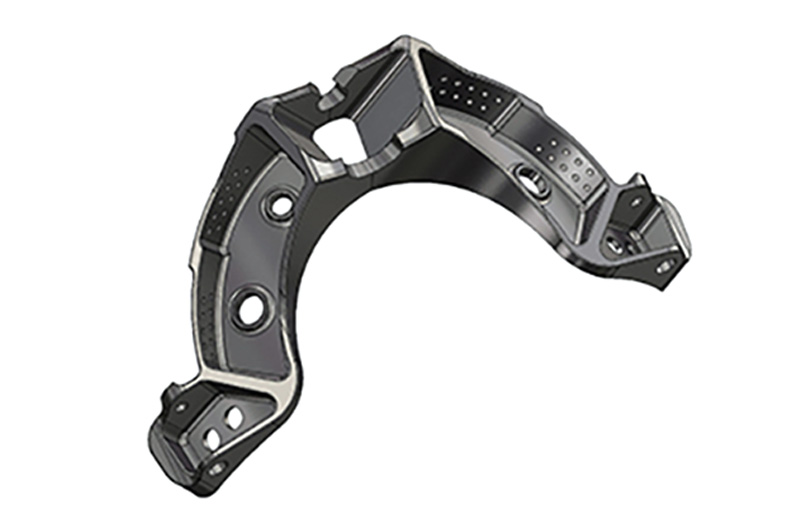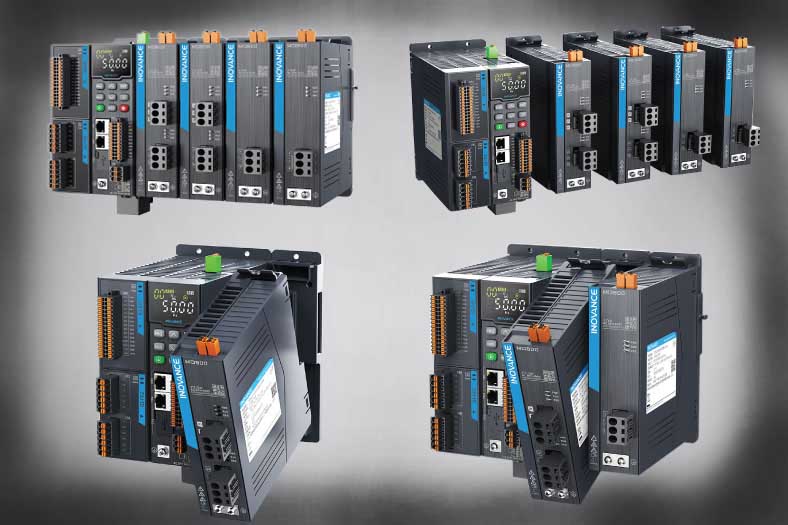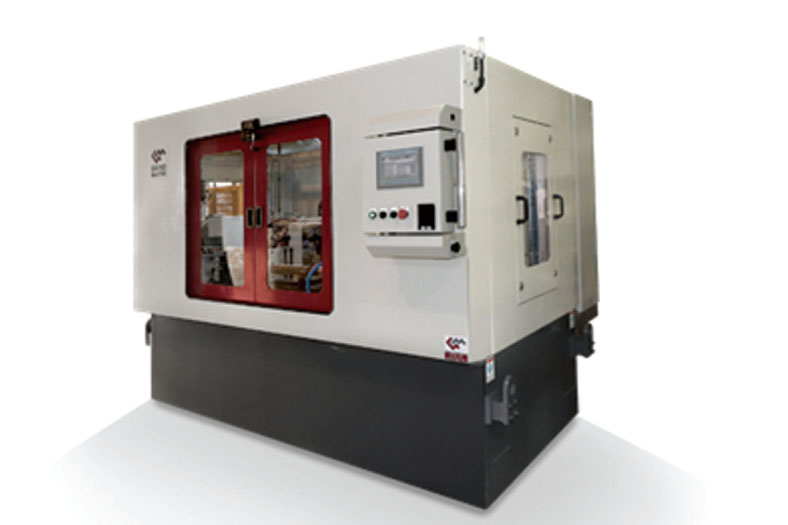Optimisation module tackles tough materials
By OEM Update Editorial August 7, 2019 12:16 pm IST
Anyone who’s worked in a machine shop for any length of time has at some point attended a trade show or machine tool distributor’s open house. There they see canned demonstrations of CNC machines busily carving up chunks of brass, mild steel, or aluminum into business card holders and tic-tac-toe games. While these giveaways are fun stuff, wouldn’t it be refreshing to see some real parts being machined, preferably from a difficult-to-machine material?
That’s what took place at the Okuma Winter Showcase, an annual event the machine builder hosts for 600+ attendees. At the event, attendees were treated to more than two-dozen CNC machine tools under power, most of them making chips. These included an MU-8000V LASER EX super multitasker with laser metal deposition and the GENOS M460V-5AX, a trunnion-style, five-axis vertical machining center offering high productivity, a small footprint, and a surprisingly low-price tag.
There was also an LB3000 EX-II lathe with barfeed vibration detection, a MULTUS B300II turn-mill center with collaborative robot part handling, MA-500HII horizontal and MCR-A5CII double-column machining centers, and a MULTUS U3000 multitasking machine.
An impressive lineup, to be sure, but there was one demo that had a large number of show attendees talking, even those responsible for setting it up. “It was pretty cool to see, especially when you consider that we were cutting titanium, a very hard and difficult-to-machine material,” says Okuma Applications Engineer Lee Johnston.
He’s talking about CGTech’s Force, a physics-based NC program optimisation module that works within the company’s flagship VERICUT toolpath simulation software. Working with representatives from CGTech and SandvikCoromant, Johnston programmed a Ti-6Al-4V titanium bracket being made for an aerospace customer, then optimised its toolpaths with VERICUT Force.
“We had the same demo on two vises and ran them side-by-side, one with the standard program and one that was optimised,” said Johnston. “We reduced cycle time from an hour to just under 40 minutes, and you could also hear and see the difference in how the tools were cutting and tell that the optimised program was easier on the machine. This is probably the best thing to happen to programming since trochoidal toolpaths.”
VERICUT Product Specialist Pete Haas explained that Force works by analysing the NC toolpath, evaluating the changing cutting conditions, and increasing or decreasing the feed rate to achieve the ideal chip thickness for any given material. Compared to CAM systems and online machining calculators, which attempt to determine average chip thickness and base the feed rate on that, Force calculates the optimal feed rate for every single line of machining code.
“As an example, think about driving to work each morning,” Haas said. “You encounter straight sections, curves, and sharp turns, and have to slow down or speed up depending on the road conditions. Machining also involves constantly changing conditions, but some CAM systems don’t account for this. They generate a single feed rate that may be too aggressive on tight turns and too slow on the straightaways. Force, on the other hand, uses physics to calculate cut-by-cut throughout the changing conditions and determine the optimal feed rates.”
The result, according to Haas, is greatly reduced cycle time, improved tool life, better part quality, and less wear and tear on CNC machine tools. It works on any material and any machine, and can even be used on legacy programs.
Johnston wasn’t the only one surprised by Force’s capabilities. Even CGTech Technical Support Engineer Chris Davala—someone with 20 years of experience as a machinist and programmer who now works with VERICUT customers across the country—said the demo was an eye opener. “To be honest, I was a little skeptical,” he said. “This was my first hands-on experience with the product, and it’s not that I didn’t have faith in the people who developed it, but there were some bold claims made about the potential gains. I can truly say that, after seeing Force in action, it’s made a believer out of me.”
Cookie Consent
We use cookies to personalize your experience. By continuing to visit this website you agree to our Terms & Conditions, Privacy Policy and Cookie Policy.



